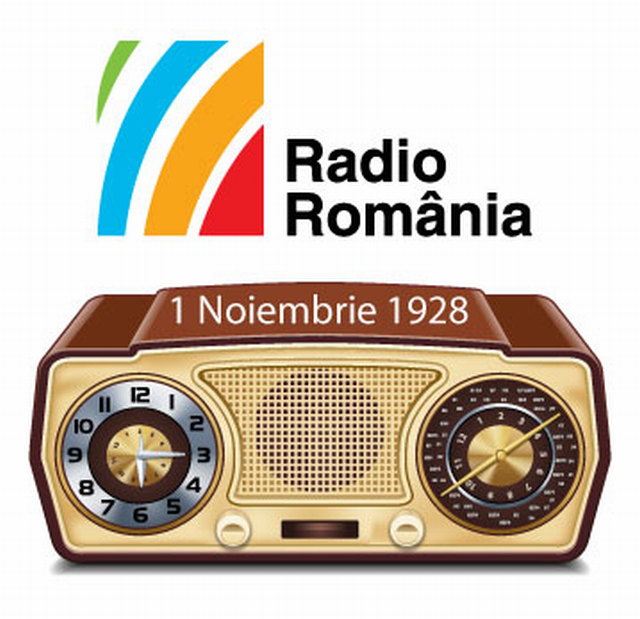The history of Radio Romania International
The foreign language programming at the Romanian Radio Broadcasting Corporation was initially intended for diplomats posted in Bucharest, starting in 1932.

Steliu Lambru, 02.11.2015, 13:55
The foreign language programming at the Romanian Radio Broadcasting Corporation was initially intended for diplomats posted in Bucharest, starting in 1932. That was the year when the first broadcasts in French and English, with news and current affairs, went on the air. During WWII, the foreign language service of the Romanian Radio was informing people abroad on the course of the war and on how the population reacted. After the war, the foreign language service gained in importance, and was renamed as the Foreign Service broadcast service. It became a propaganda tool for communist Romania.
In 1950, Sergiu Leverescu graduated from the French language high school in Bucharest, but had difficulties in getting a job at the French department at Radio Romania, because his parents were not working class. He provided an interview with Radio Romania’s Oral History Center in 1998:
“There were few on the staff back then, and we were organized as follows: a head of department, two translators and two controllers. Those people were entitled to check and make sure that the texts in French was in line with the Romanian language texts that came to us from other sections. Back then the foreign language sections did not do any editorial work of their own; everything came from two central departments, a foreign department and a domestic one. They were made up of editors who were sending us, at the foreign language sections, the materials that went on air; the news bulletins, commentaries and other materials, and we translated them. The translator translated, the controller checked it against the original, and then it was sent to a reader, who recorded them. Nothing was live, everything was recorded, at least for foreign service broadcasts. The translations were typed on a typewriter, in three copies: one copy went to the reader, one went to a broadcast controller, after the text had been reviewed and maybe corrected, the controller assisted the reader in the studio, with a second copy in their hand, to see if any mistake was made or if anything was missed out of the initial text. A third copy was provided to someone else, who was not in the department, and who was on a different floor to make sure that the reader read exactly what was written. It was multi-step control.”
In 1955, an English woman, Marjorie, married a Romanian, Stavarache Negrea. They settled in Romania, and they ended up working at the English department of Radio Romania. Marjorie Negrea was a reader and controller, as she confessed in 1997.
“When I got to Romania, I went to the Central Party Committee. They told me that if I wanted to settle in Romania and work here, I would get a recommendation to work in broadcasting, if they needed people to speak English. I passed a few tests, and I corrected some translated texts. And then I became a reader. I was a reader and political controller and it was an interesting thing. I was reading the translation and saw if it was absolutely correct politically. I was on good terms with everyone, I didn’t know Romanian well, and it was hard, but generally it was all right.”
There were moments when the ideological pressure subsided, according to Sergiu Levescu, who recalled for us a moment such the one on 20 July, 1969:
“One moment when we held a non-political meeting at the Foreign Service was the moon landing. When Armstrong stepped out of the lunar module, we gathered in the office of editor-in-chief Hortensia Roman, to listen to the broadcast. It was really emotional… when the lunar landing actually occurred, I burst out in joy, along with Hortensia Roman. This was no longer about imperialists.”
In the 1950s, when she worked at Radio Romania, Maria Lovinescu was first in the Foreign Department of the Foreign Service, then ended up in the Italian Department. In 1995, she recalled the dialog with listeners through letters:
“At first we didn’t get too many letters. Then they multiplied. There were a lot of questions. They were interested in what was going on in Romania. They were usually from a certain audience, of a certain social sphere, but generally most of the people who wrote to us were interested in traditional music and culture. We had a lot of programs on the scenery and beauty of the country. They wanted to know how to get here. I had the impression that the political side interested them less, or even not at all. If they had been interested, I think they would have had more direct means for that, such as newspapers.”
Radio Romania International reorganized after 1989 on the democratic principles of a new informative radio station. Its history is problematic, just like the history of Romania and other countries in Central and Eastern Europe after 1945.





























